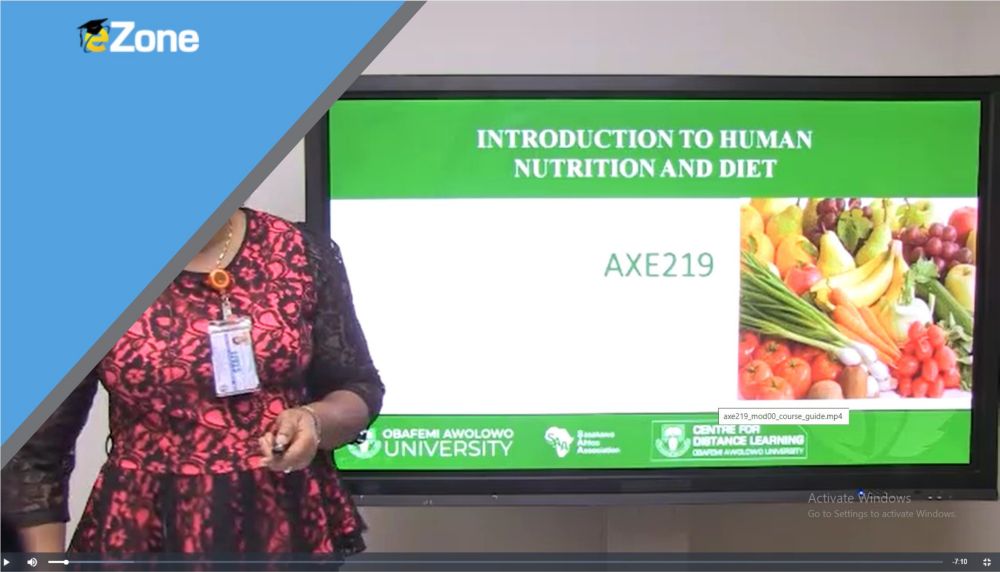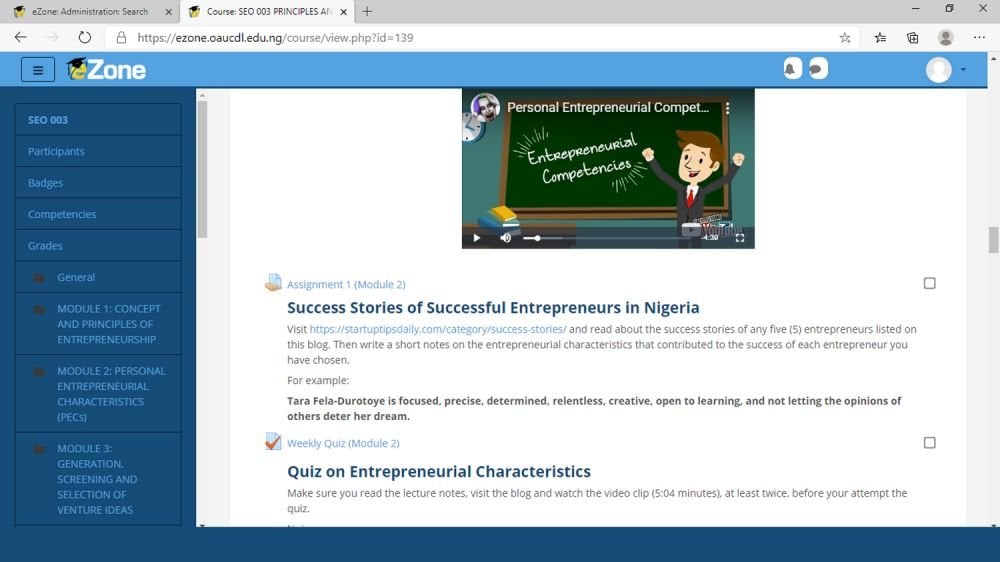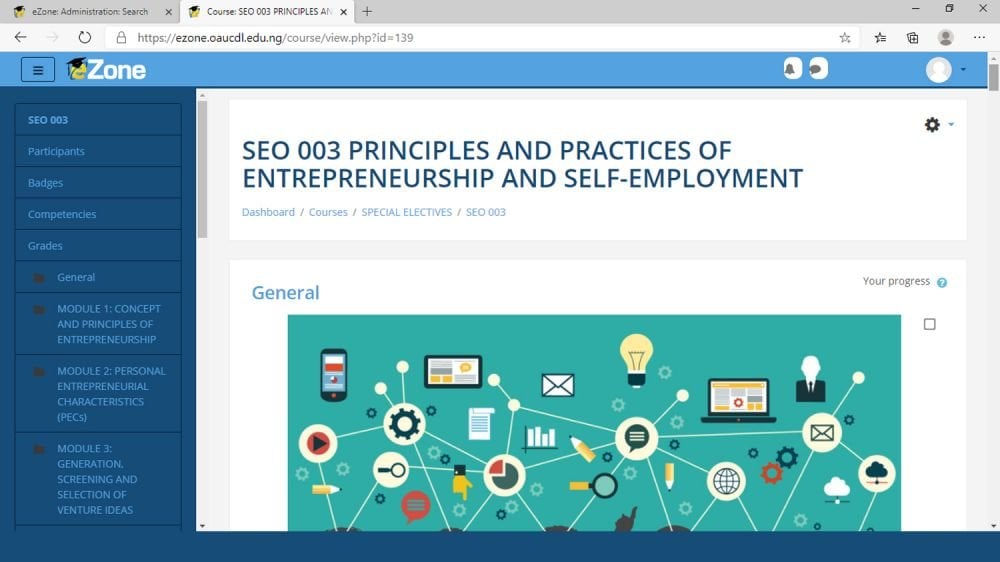
The Challenge
On Thursday, 2nd April 2020, the Minister of Education Mallam Adamu Adamu ‘directed all universities, polytechnics and colleges of education to activate virtual learning environment to enable students to continue their studies through digital devices.’[i]
This was borne out of the concern that the multitude of students in the country’s universities would be rendered idle and their learning suspended for as long as the closure of universities occasioned by the coronavirus pandemic lasted.
Only 12 of the 170 federal, state and private universities are by approval of the National Universities Commission running between one and four undergraduate programmes in Open Distance Learning (ODL) Mode. It is therefore, glaring that by far the larger population of students in the universities are earning their degrees via the regular face to face programmes. Although the few thousands of students on the ODL programmes continue to receive instruction and carry out projects and assignments in spite of the closure, the remainder of the about 1.9 million students in Nigeria’s Universities[ii] could not continue their learning since they cannot gather in the face-to-face classrooms.
OAUCDL’s Response
Similar Posts:
In order to bridge this gap and in a bid to ensure that face-to-face students in the Obafemi Awolowo University, Ile-Ife can also continue to learn like their ODL counterparts, the Obafemi Awolowo University Centre for Distance Learning (OAUCDL), which administers the university’s four undergraduate ODL programmes[iii], has launched its very own customized Learning Managed System (LMS) called the eZone.
The eZone
The OAUCDL eZone manages classroom activities online. It facilitates the provision of instructional materials to students in the form of online text, PDF, MS Word, PowerPoint, audio presentations and video recording of lectures. The system also allows instructors to link students to a vast array of free educational resources available on the internet.
In addition to and beyond the provision of materials, the eZone lets instructors create avenues for interaction in three directions: teacher to students; students to teacher and students to students. Its discussion forums allow discussion of lecture topics in the virtual classrooms thus creating a sense of community among participants, all of who are all located in different parts of the country.
The eZone also has Assignment and Class Work modules which are integral parts of teaching and learning. Other interactive tools embedded in the system are Chat, Choice, Feedback, Glossary, Lesson, Quiz, SCORM[iv] package, Workshop and an elaborate test engine which can handle essay questions, multiple choice questions (MCQ) and many other question types.

Unique features of the OAUCDL eZOne are its ability to keep logs of activities, thus making it possible for a teacher to monitor students and indeed identify those who are not participating adequately in class; and the in-built communication tools via which private messages can be sent to such students to find out what the challenges might be for their poor participation.
On-boarding
Currently, 129 courses have been brought on board the eZone. All 604 A’ Level students on Obafemi Awolowo University’s Joint Universities Preliminary Examination Board (OAU JUPEB) programme are on board, along with all their 18 specialist tutors. Thus, in spite of the closure of universities, teaching and learning is going on seamlessly for OAU JUPEB students.
About 150 of the university’s lecturers have also been enrolled on the eZone. 2,576 undergraduates of the university taking the special elective SEO 003 are also registered on the eZone and they have started receiving lectures. As at the time of writing this report, 579 assignments had already being submitted for grading.

With this development, the Obafemi Awolowo University Centre for Distance Learning has successfully demonstrated to the university and its faculties that the Centre is ready to assist it move the oversubscribed special elective classes online thereby freeing up classroom spaces for core face to face courses and making time-table and classroom facilities management more effective. Furthermore, while reducing the need for and eliminating most of the challenges occasioned by large classrooms, the eZone will also help to ensure students participated fully in such large classes, since they would know that their electronic footprints in the digital learning space can be monitored.
Going forward, it is expected that more of the university’s programmes will be moved or at least replicated online, especially in the light of the current pandemic, and in order to be ready for the any future challenges that might make gathering in physical classrooms impossible.
Conclusion
The Obafemi Awolowo University Centre for Distance Learning is thus not only taking giant strides to fulfill its mandate to develop and provide through emerging network technologies, responsive and quality distance learning opportunities that meet diverse local, national and global needs which has thus far culminated in the running of its four NUC approved undergraduate programmes, but has also taken the initiative to provide support and back up for the university’s face-to-face programmes.
[i] Source: The Nation, 3rd April, 2020.
[ii] Source: NUC, 8th May 2018, Retreat for Members of Governing Councils of Nigeria’s Universities.
[iii] Bachelor of Nursing Science, B.Sc. Accounting, B.Sc. Economics and B.Sc. Digital Agricultural Extension and Community Engineering.
[iv] Shareable Content Object Model.

